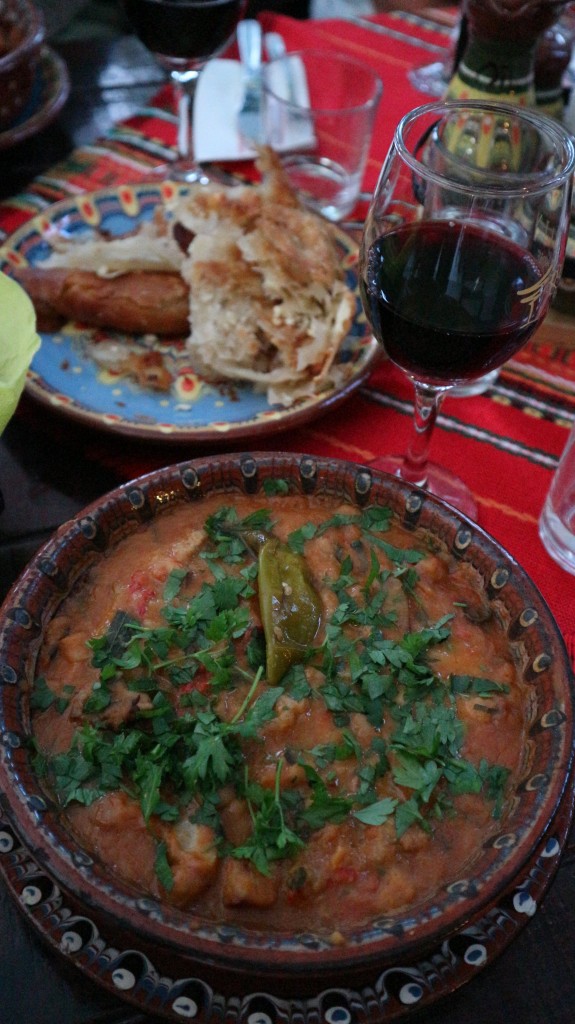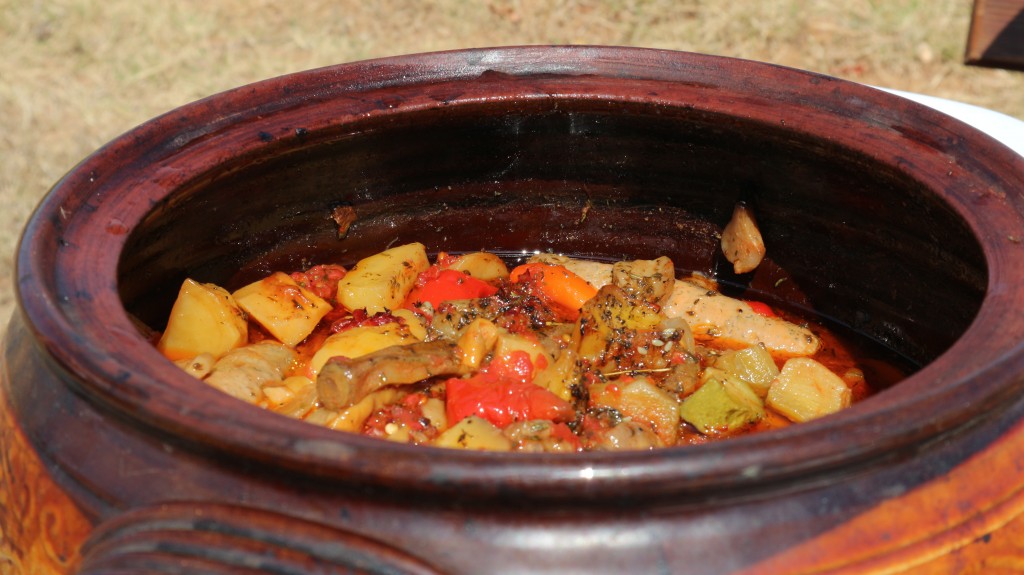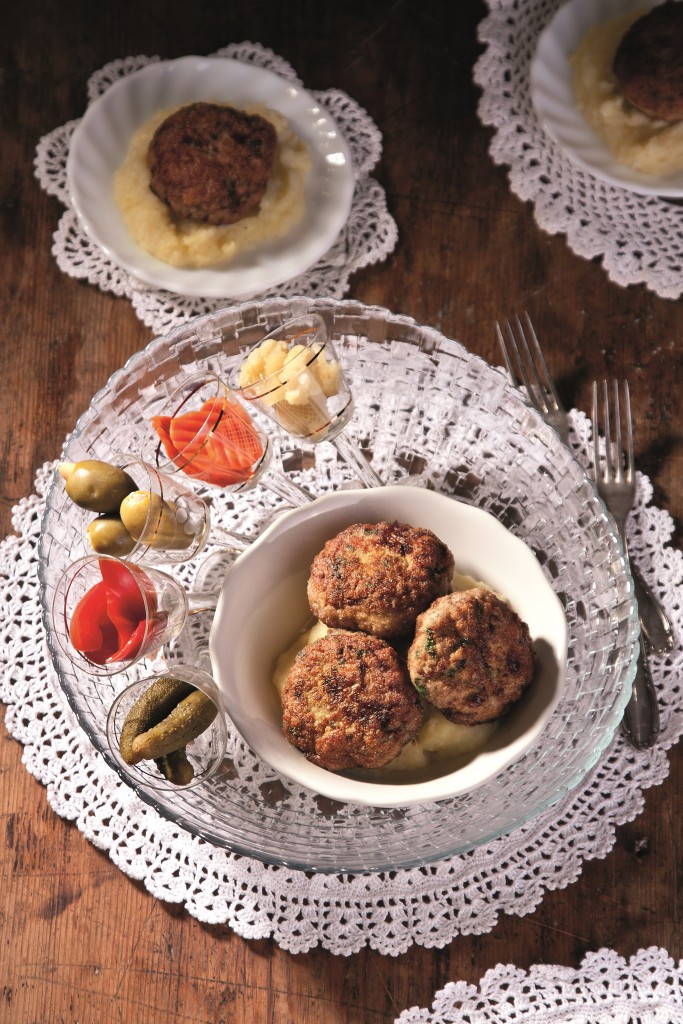I totally agree with the statement: Wine is the best friend of food (and vice versa of course). So, there is no way to skip the food topic. Moreover, Bulgarian cuisine has a long, interesting history or better said – background, going back to the ancient tribes and civilizations that lived in these lands millennia ago! However the most important reason to write about the local food is that… I personally like it and savor it with great pleasure! You surely know people who eat in order to survive but I am confident there are not many like this among the wine lovers. During Via Vino food and wine tours in Bulgaria choosing the typical, well pairing meals is not less important for me than the wine selection!
Many recipes are being transferred from one generation to another. Though we have a huge problem to solve! Old people who have valuable information about our cuisine but live in small villages and isolated places often don’t teach the youngsters (there is simply no one left) and the traditions are simply fading away. Good that there are new projects and people who have started to evaluate the importance of this heritage and strive to protecting and keeping it!
Bulgaria’s location – on the crossroad between Europe and Asia, West and East, has reflected without doubt the local cuisine. Many tribes and civilizations have more or less influenced our culture but also our food. The Thracians used to eat garlic and onion which play an essential role in our meals even today. Besides good winemakers these people were engaged in agriculture (they have grown wheat cultures) and stock-breeding (goats, cows, sheeps). They have mainly boiled and “grilled” the meat. According to Xenophont (a Greek author) the “meat and sour bread were cut into pieces by the King and given to selected people during the feast”. They have fermented milk and prepared cheeses… Talking about dairy products the Proto-Bulgarians were also “experts” in this area – you will understand why in my next post on the topic – they have created recipes to store the milk products for months and keep them eatable. The meat was their main food – they avoided growing and eating plants, treating the plowing as a portent. On the opposite, the Slavs, coming from the North (in fact, both the Salvs and the Proto-Bulgarians founded the First Bulgarian State in 681) had a good knowledge on the cereal plants, they adored millet and rye and used them to bake bread!
 It is really difficult (some might say impossible) to name the local cuisine with a different name than Balkan cuisine. Certainly, there are nuances and our neighbors who are more nationalist orientated would not be very happy with that statement. But our region has definitely many common things. All countries have been part of the Ottoman Empire for 4-5 centuries – it is not a surprise that meals like gyuvetch, kjufte, kebap, lokum, baklava etc. are crossing the current political boarders. On the other side – Greece is also a big influencer (don’t forget that Bulgaria was part of Byzantium for nearly 200 years). So, no surprise that citrus fruit (oranges and lemons), aubergines and courgette, olives are easy to be found in Bulgaria. Among the traditional meals in Bulgaria are Moussaka, Snezhanka (our equivalent of Tsatsiki), stuffed peppers with rice, etc….
It is really difficult (some might say impossible) to name the local cuisine with a different name than Balkan cuisine. Certainly, there are nuances and our neighbors who are more nationalist orientated would not be very happy with that statement. But our region has definitely many common things. All countries have been part of the Ottoman Empire for 4-5 centuries – it is not a surprise that meals like gyuvetch, kjufte, kebap, lokum, baklava etc. are crossing the current political boarders. On the other side – Greece is also a big influencer (don’t forget that Bulgaria was part of Byzantium for nearly 200 years). So, no surprise that citrus fruit (oranges and lemons), aubergines and courgette, olives are easy to be found in Bulgaria. Among the traditional meals in Bulgaria are Moussaka, Snezhanka (our equivalent of Tsatsiki), stuffed peppers with rice, etc….
So, dear food and wine lovers, grab your appetite and curiosity and choose some of our exciting Food and Wine Tours in Bulgaria!
To be continued!
Sources & inspirations which I partly used and definitely would recommend:
1. “Казанлък – Земята на Траките” – Татяна Узунова, Нарцис Торбов, “Витамин арт”, 2017;
2. “100 Bulgarian Dishes”, Ivelina Ivanova, “Gourmet Publishing”, 2016 – copyright of the pictures below;
3. Joan Damen – copyrights of the introduction picture / photogrid;







